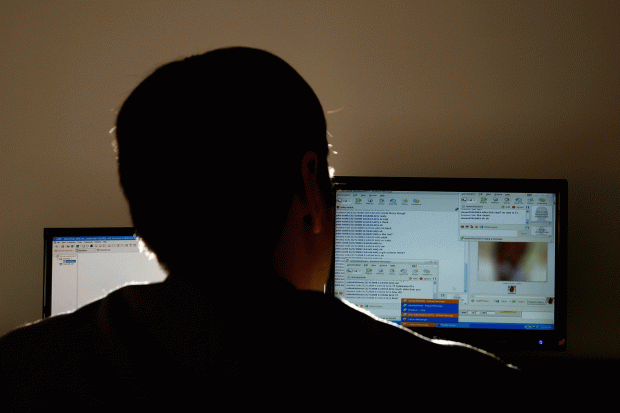Colombia crash plane 'ran out of fuel'
Plane carrying Brazilian footballers crashed in Colombia after running out of fuel, leaked radio communication reveals
For more details, see the BBC News website
The Gay Courier has been established to provide news, information and info on, from and about the gay community, and other social events and happenings from around the world, from all sorts of sources, to all who are interested in this news, information and info! The postings are as is, and all copyrights and or ownerships are and remain with the original copyright-holder and or owner!

“Terence McKenna viewed cannabis, psilocybin, DMT, LSD, and other psychedelics as ‘catalysts of intellectual dissent.’ He wrote in The Archaic Revival (1991) that his assumption about psychedelics had always been that they were illegal ‘not because it troubles anyone that you have visions’ but because ‘there is something about them that casts doubts on the validity of reality.’ This makes it difficult, McKenna observed, for societies—even democratic and especially ‘dominator’ societies—to accept them, and we happen to live in a global ‘dominator’ society.”And another article, NY Mag called The Truth About Psychedelic Drugs and Mental Illness by Jesse Singal said:
“Psychedelic drugs are confusing, and it’s easy to get very different views about them depending on whom you ask. On the one hand, enthusiasts — not to mention a small body of scientific research — have long claimed that, when taken responsibly and with the proper supervision, so-called classical psychedelics like LSD and psilocybin (the active ingredient in magic mushrooms) are a safe way to smooth the path toward tranquility and spiritual enlightenment. On the other hand, ever since the cultural spasms of the 1960s and a subsequent government crackdown on these substances, the archetype of the hallucinogen burnout has loomed large in the public imagination; that is, people who try LSD or ‘shrooms’ — sometimes even just once! — are forever ruined by flashbacks and other symptoms that eventually drive them to a state of full-blown psychosis.”To put it simply, one could argue that alcohol has less horror stories that have made their way into public history than that of psychedelics, which has created fear and a generalized taboo that keeps many governments from taking into consideration scientific research that would suggest otherwise. And though alcohol is, without question, many countries’ biggest and most deadly recreational drugs, it’s the most legal, and the most addictive. But too many people drink and the alcohol industry is far too powerful for this drug to ever be considered as dangerous as psychedelics.
One cannot know from the jury's report why it returned no verdict. "A host of reasons" could account for a jury's failure to decide—"sharp disagreement, confusion about the issues, exhaustion after a long trial, to name but a few." ... But actual inconsistency in a jury's verdicts is a reality; vacatur of a conviction for unrelated legal error does not reconcile the jury's inconsistent returns. We ... affirm the judgment of the Court of Appeals, which held that issue preclusion does not apply when verdict inconsistency renders unanswerable "what the jury necessarily decided."The court ruled that the charges that the defendant's were acquitted on are final and may never be retried, however the charge of bribery that they were found guilty of can be retried due to legal error. Justice Clarence Thomas filed a concurring opinion.In this case, the defendants, Bravo and Martinez, were found guilty by a jury of bribery in violation of 18 USC §666 [text]. The jury also acquitted them of conspiring to violate §666 and traveling in interstate commerce to violate §666. The guilty verdict were later vacated on appeal because of error in the judge's instructions unrelated to the verdicts' inconsistency. The Supreme Court heard arguments [JURIST report] in this case in October.
|



